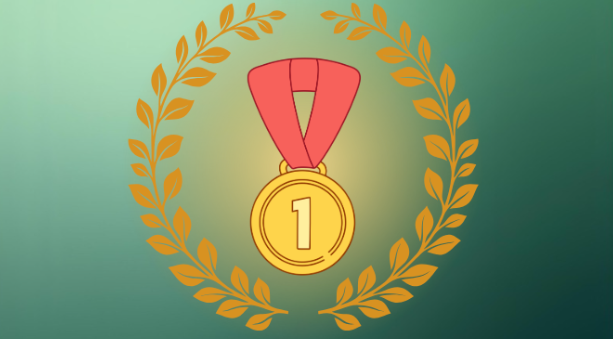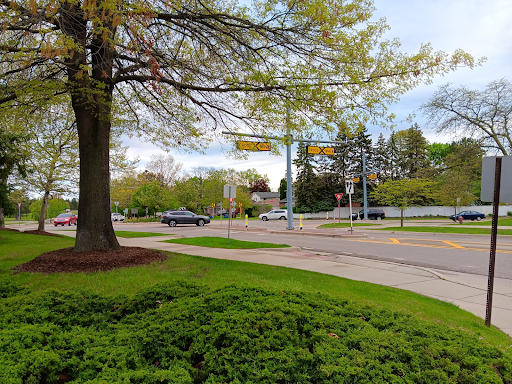Supreme Court rules against TikTok

On Friday, Jan. 17, the Supreme Court ruled against TikTok, rejecting the social media company’s First Amendment challenge to a law that will lead to a ban starting Sunday — unless it is sold by its China-based parent company, ByteDance.
In April 2024, Congress passed a bill requiring ByteDance to secure a U.S.-approved buyer for TikTok within nine months or face a shutdown. President Joe Biden signed the bill into law, and now the deadline has arrived.
ByteDance has strongly opposed the mandate, claiming that banning TikTok would violate First Amendment protections on free speech. The company argues that the law unfairly targets TikTok and is unconstitutional.
However, lawmakers argued that the Chinese government’s oversight of private companies posed a security threat, potentially allowing it to access sensitive American data or spread covert disinformation and propaganda.
“Under these circumstances, we find the Government’s data collection justification sufficient to sustain the challenged provisions,” the court’s opinion said, according to The Hill.
However, ByteDance said that the Chinese government holds neither a direct nor indirect ownership stake in TikTok or ByteDance, emphasizing that more than half of the company is owned by global institutional investors.
According to the New York Times, TikTok’s lawyer warned the justices last week that the app would “go dark” if it lost the case, though it remained unclear how quickly the shutdown would occur. If app store operators like Apple and Google continued to distribute or update TikTok, they would face significant penalties under the law.
The app stores and cloud providers would pay penalties as high as $5,000 per user who gain access to the app inside the United States if the ban takes effect, giving them significant motivation to comply with the law.
The decision came on an unusually fast timeline. The justices heard arguments last Friday, and a majority seemed convinced by the government’s stance that the law targeted the app’s ownership as opposed to its speech rights. TikTok’s lawyer Noel J. Francisco acknowledged the security risk, but argued that the government could address them through other measures, rather than ordering the app to “go dark”.
This ruling could’ve been a death blow to TikTok’s American operations. Being inaugurated the day after the ban was set to take effect, President-elect Donald J. Trump had previously promised to “save” the app, though his plans for doing so were unclear.
The app’s extensive cultural influence was recognized during the ruling against it. Initially gaining traction in 2020 as a pandemic curiosity, TikTok quickly evolved into an important cultural juggernaut in America. Not only has the app launched a new wave of celebrities and propelled books, music, and movies to the top of the charts, but it has also influenced discussions on the Israel-Hamas conflict and last year’s U.S. presidential election.
However, if there is progress towards the sale before the law takes effect, a 90-day pause in restrictions on the app is allowed, according to AP News. The justices were told by a lawyer for TikTok and ByteDance how difficult it would be to finalize a deal, especially since the proprietary algorithm behind the social media platform’s immense success is restricted from sale under Chinese law.
When the ban went into effect on Sunday, the TikTok app did not disappear from users’ phones in the US, though it was said that it would eventually developed glitches and stopped working.
Those who had TikTok previously downloaded on their phones did not have to watch it disappear, but without updates, the app most likely degraded over time, eventually becoming unusable.
In addition to TikTok, users who tried to open other apps owned by ByteDance, such as CapCut and Lemon8, saw a message similar to the one TikTok displayed after it went dark.
“A law banning CapCut has been enacted in the U.S.,” the pop-up inside CapCut read. “Unfortunately, that means you can’t use CapCut for now. Rest assured, we’re working to restore our service in the U.S. Please stay tuned!”
After going briefly into effect on Jan. 19, on Jan. 20, Trump signed an executive order “instructing the Attorney General not to take any action to enforce the Act for a period of 75 days from today,” according to the Verge. However, TikTok, along with other ByteDance apps, hasn’t yet been restored to the App Store or Google Play by Apple and Google.
A message from TikTok on Sunday, Feb. 2 said it was “…in the process of restoring service” and thanked Trump “for providing the necessary clarity and assurance to our service providers that they will face no penalties”.
It is still illegal for US companies such as app stores and internet hosting services to sustain, distribute, and improve TikTok, according to Austin American-Statesman.
All in all, this ban has been a controversial topic for many, both users and non-users.
Clague seventh grader Siyona Dalal expressed her feelings about the situation as a TikTok user.
“I use it quite a bit and it’s pretty important to me because I made friends from all around the globe and now it’s gone since it got deleted for me,” Siyona said.








UR POOKIE • Feb 18, 2025 at 3:57 pm
YAAAAS EATINNGNGG